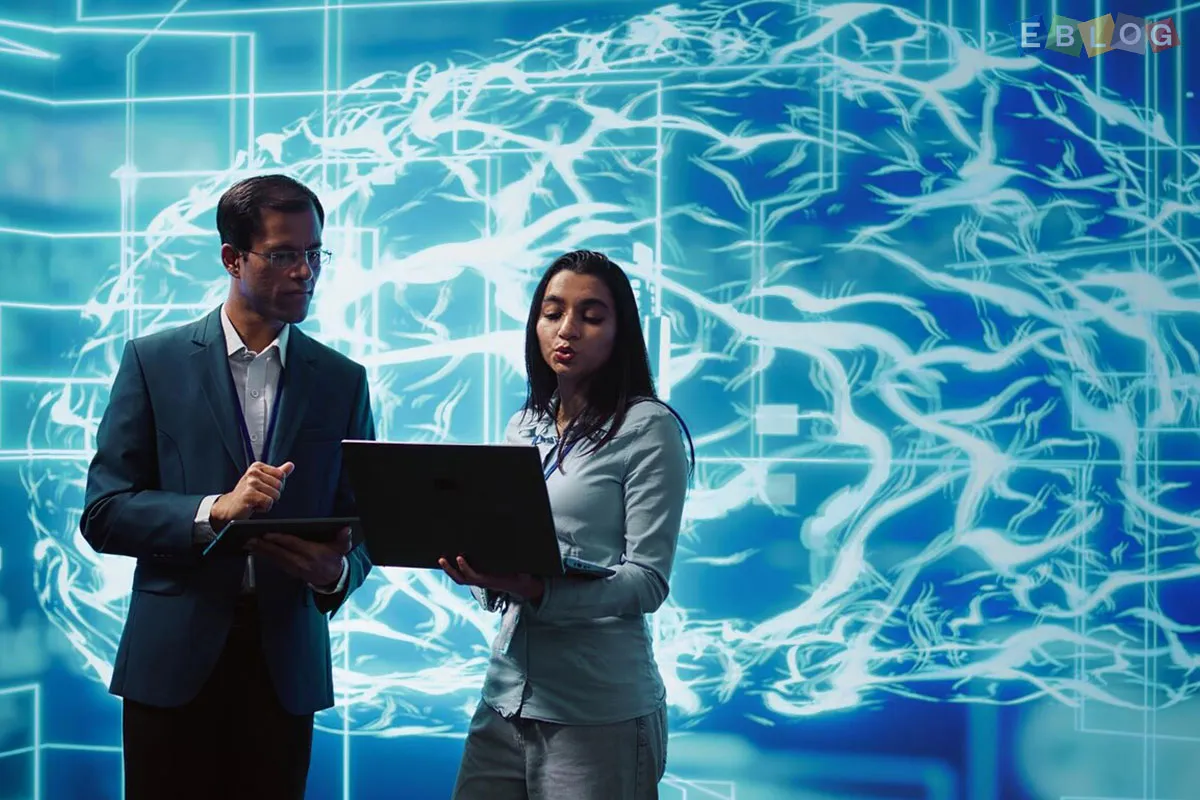
The Importance Of Critical Thinking In Education
- 23 Nov, 2023
- Education
- 698 Views
- 0 Comments
In an ever-evolving world, education isn't just about memorizing facts; it's about equipping individuals with the tools to navigate complex challenges and contribute meaningfully to society. At the heart of this transformative process lies critical thinking – the ability to analyze, evaluate, and synthesize information. In this blog, we explore the profound importance of cultivating critical thinking skills in education and how it shapes individuals into informed, adaptable, and empowered thinkers.
1. Problem-Solving Prowess: Critical thinking is the compass that guides problem-solving. In the real world, challenges rarely come with predetermined solutions. By honing critical thinking skills, students learn to approach problems systematically, dissect issues, consider multiple perspectives, and craft innovative solutions.
2. Informed Decision-Making: Life is a series of decisions, both big and small. Critical thinking empowers individuals to make informed decisions based on evidence, logic, and a thorough understanding of the situation. From choosing a career path to navigating everyday choices, critical thinking is the compass that ensures thoughtful decision-making.
3. Analyzing Information in the Digital Age: In an era of information overload, the ability to discern reliable information from the vast sea of data is paramount. Critical thinking skills enable students to analyze sources, question assumptions, and differentiate between credible and biased information, fostering media literacy in a digitally driven world.
4. Lifelong Learning Mindset: The pace of change in today's world demands a commitment to lifelong learning. Critical thinking is the driving force behind this mindset, encouraging individuals to seek new knowledge, adapt to evolving circumstances, and remain intellectually curious throughout their lives.
5. Enhancing Communication Skills: Effective communication is a cornerstone of success in any field. Critical thinking not only refines one's ability to articulate ideas clearly but also encourages active listening and the consideration of alternative viewpoints. These skills are essential in fostering meaningful dialogues and collaborations.
6. Fostering Creativity: Contrary to a common misconception, critical thinking and creativity go hand in hand. The ability to think critically opens the door to creative problem-solving, innovative thinking, and the development of novel ideas. It's the synergy of these skills that propels progress and drives positive change.
7. Developing Independent Thinkers: Critical thinking nurtures independence of thought. It encourages students to question, explore, and form their own opinions based on evidence and reason rather than simply accepting information at face value. This independence is a cornerstone of intellectual empowerment.
8. Adapting to Rapid Technological Advances: In a world where technology is continually reshaping industries, critical thinking skills are invaluable. They provide the agility needed to adapt to new technologies, understand their implications, and harness their potential for positive impact.
Conclusion:
As education evolves to meet the demands of the 21st century, the cultivation of critical thinking skills becomes more crucial than ever. It's not just a tool for academic success but a compass that guides individuals through the complexities of life, fostering adaptability, creativity and informed decision-making. In prioritizing critical thinking, we equip students not only with knowledge but also with the ability to navigate the unknown and shape a future of thoughtful, empowered thinkers.















Leave a Reply